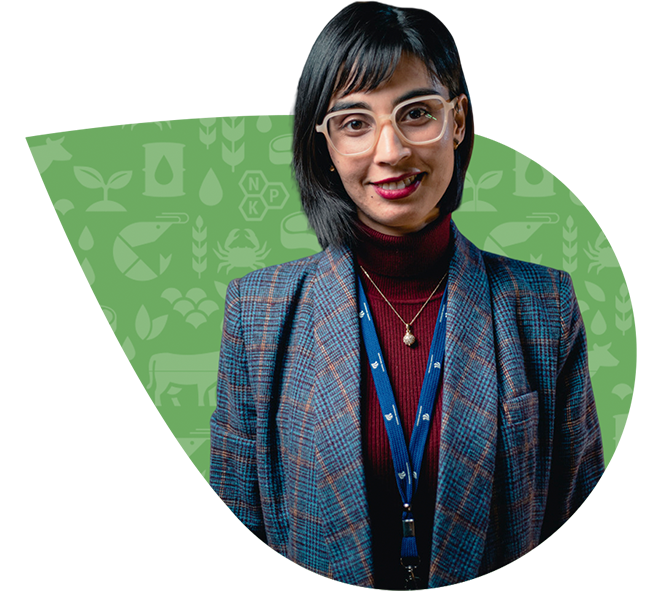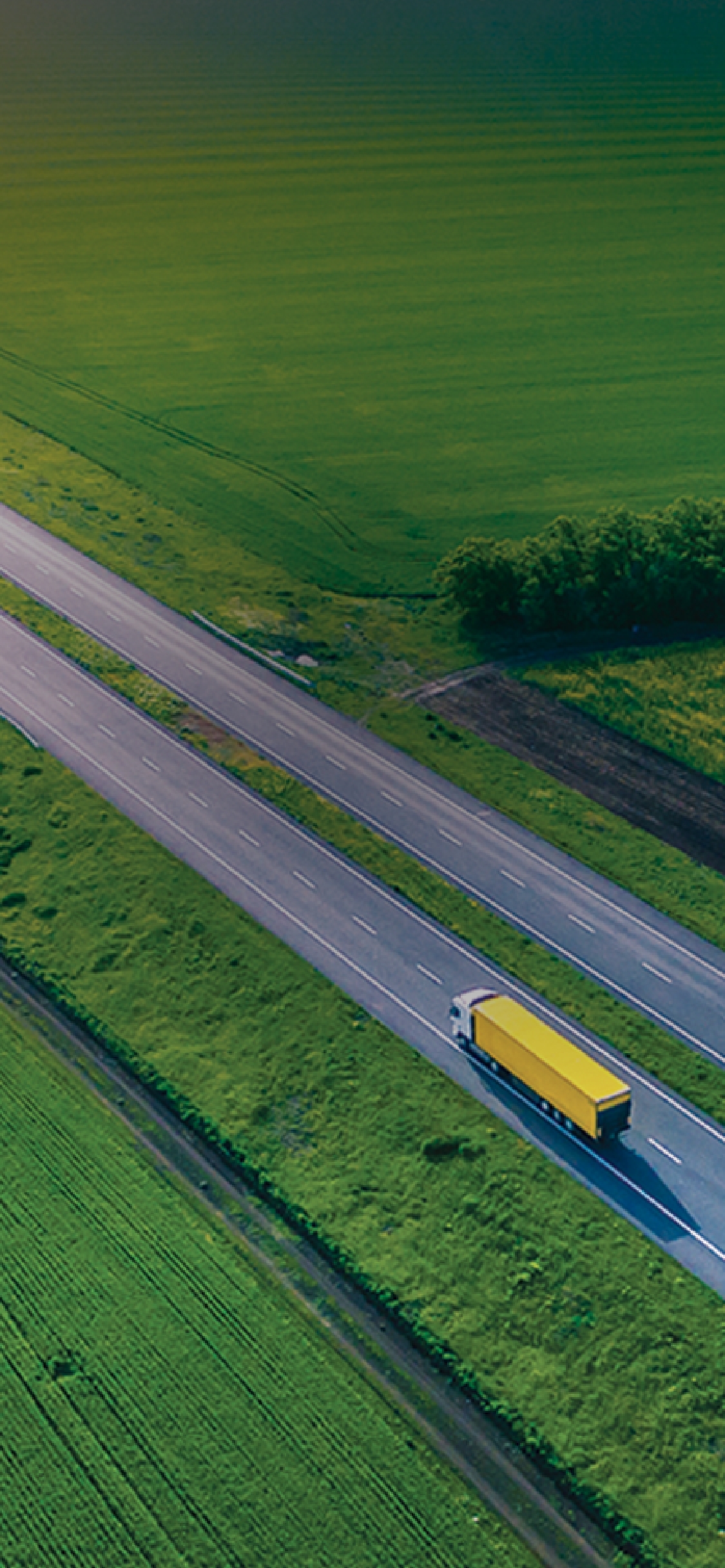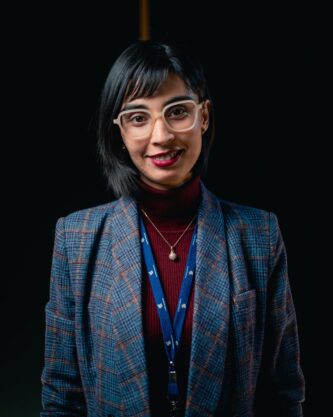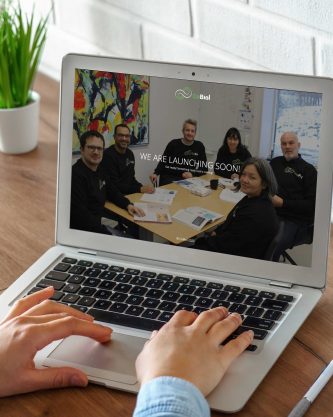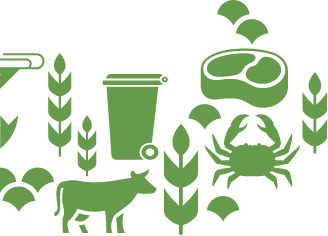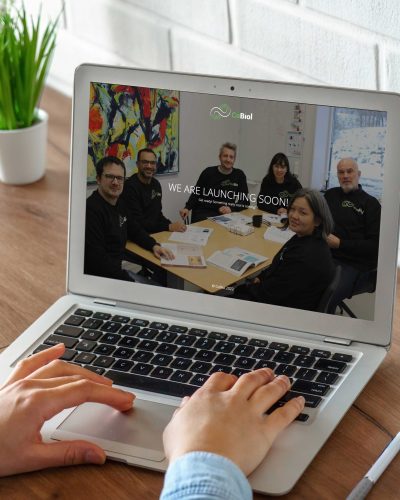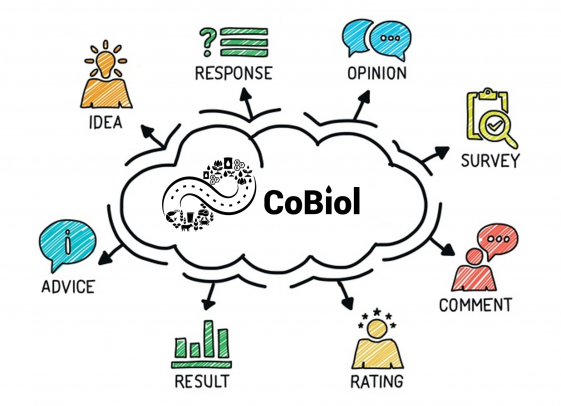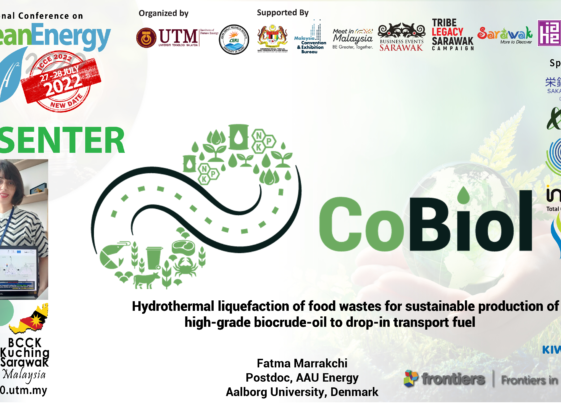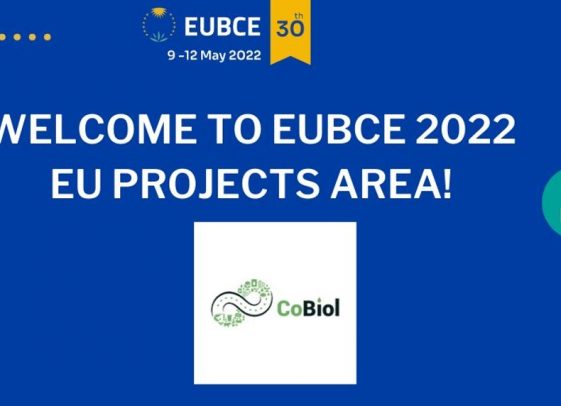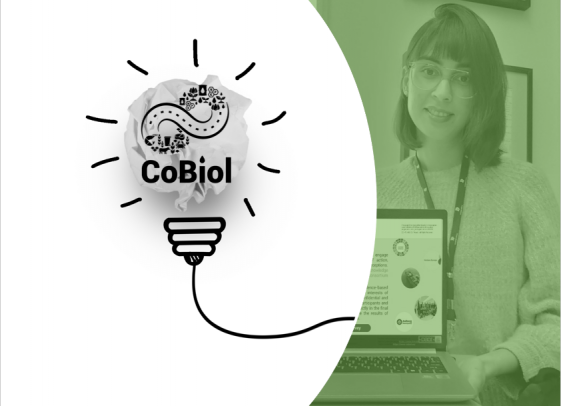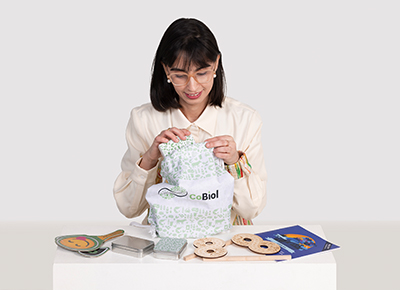The transport sector is the highest consumer of fossil fuels accounting for 96% of the global energy, which correspond to 65% of the global crude oil consumption. The escalating consumption of fossil fuel causes deleterious environmental pollution by releasing > 7 billion tons of CO2 in the atmosphere.
Sustainable Development Goals








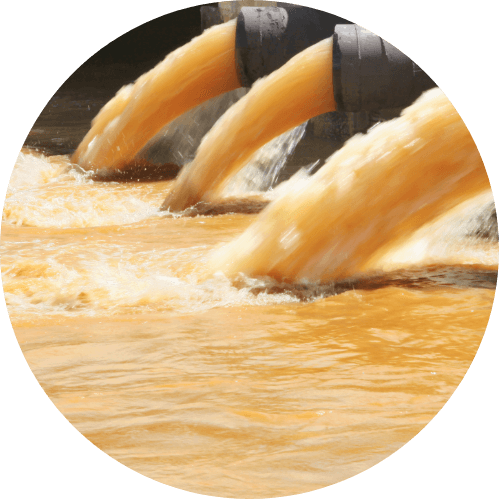

Clean water
and sanitation
CoBiol is aiming for the post-hydrothermal liquefaction (HTL) aqueous phase treatment by the removal of organics and nutrients.
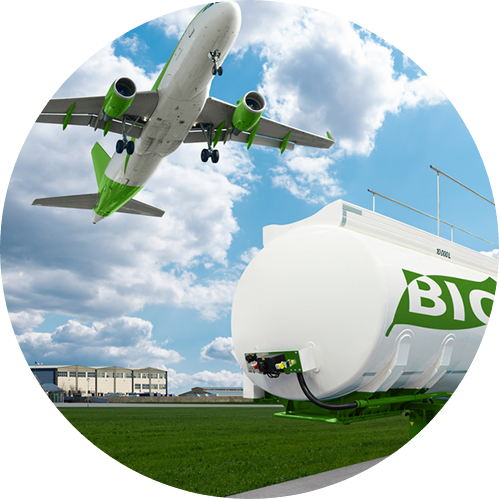

Affordable and
clean energy
CoBiol is focusing on the conversion of diversified 2G feedstock such as wet solid wastes generated from food industries to achieve and surpass the renewable-energy-in-transport target.
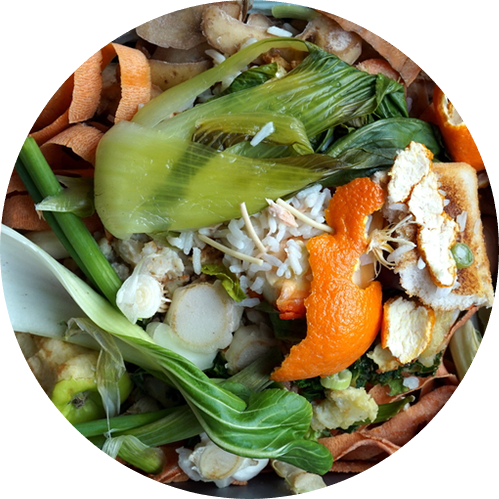

Responsible
consumption and production
CoBiol is looking for more value management methods of carbonated food waste streams that have the added potential of producing competitive fuel for petroleum oil and reducing the environmental cost associated with their disposal.
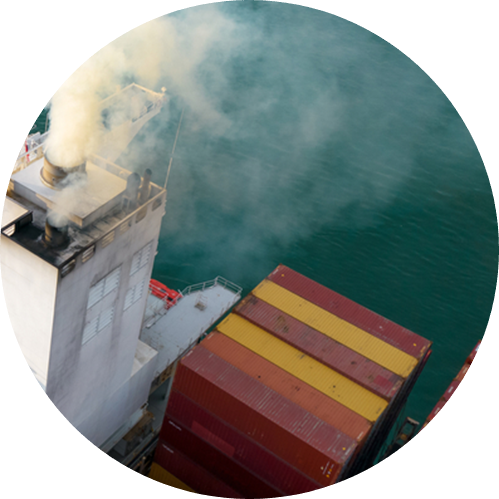

Climate action
We want to become climate-positive by replacing fossil fuel for the potential greenhouse gas emission reduction by 75M tons CO2-eq/year.
Project Overview


The awareness to transition from conventional fossil fuel to eco-friendly options has resulted in several decarbonization strategies with Europe’s priority to develop new alternative and carbon-neutral energy sources based on a cost-effective biomass-based thermochemical conversion.


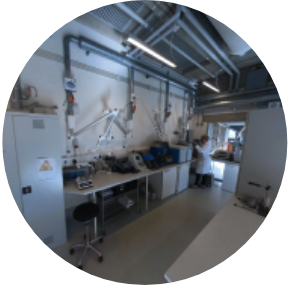
Biomass thermochemical conversion


 Transport fuel
Transport fuel
CO-HTL4BIO-OIL project is addressing a number of key contributions, providing pioneering insights into looking for more value management methods of carbonated food waste streams locally sourced in the EU that have the added potential of producing salable, surrogate, and competitive fuel for petroleum oil and reducing the environmental cost associated with their disposal.
Scaling of the catalytic CO-HTL process for continuous operations and employing novel predictive quantitative models based on biomass composition and HTL process variables aim at enhancing the yield/quality of biocrude-oil, provide an estimate of techno-economic analysis, and serve as a great perspective for biorefinery integration. These outputs will aid energy planners, policymakers, engineers, and researchers in the field in exploring the future of the transport sector holistically.
Project Specific Objectives
The specific objective of EU-H2020 funded CO-HTL4BIO-OIL is to explore the potential of rarely studied 2G wet solid food by-products such as rye straw, shellfish, and beef tallow as a co-organic matter to make high-quality bio-crude oil into transportation fuel that meets current fuel property standards.
The specific experiments include
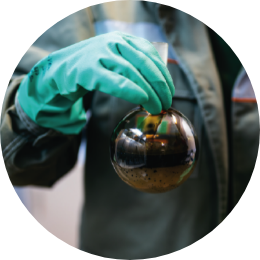
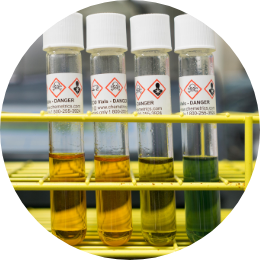
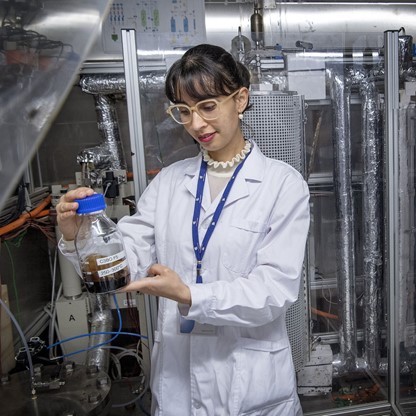
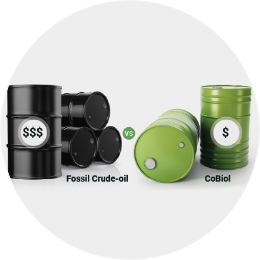
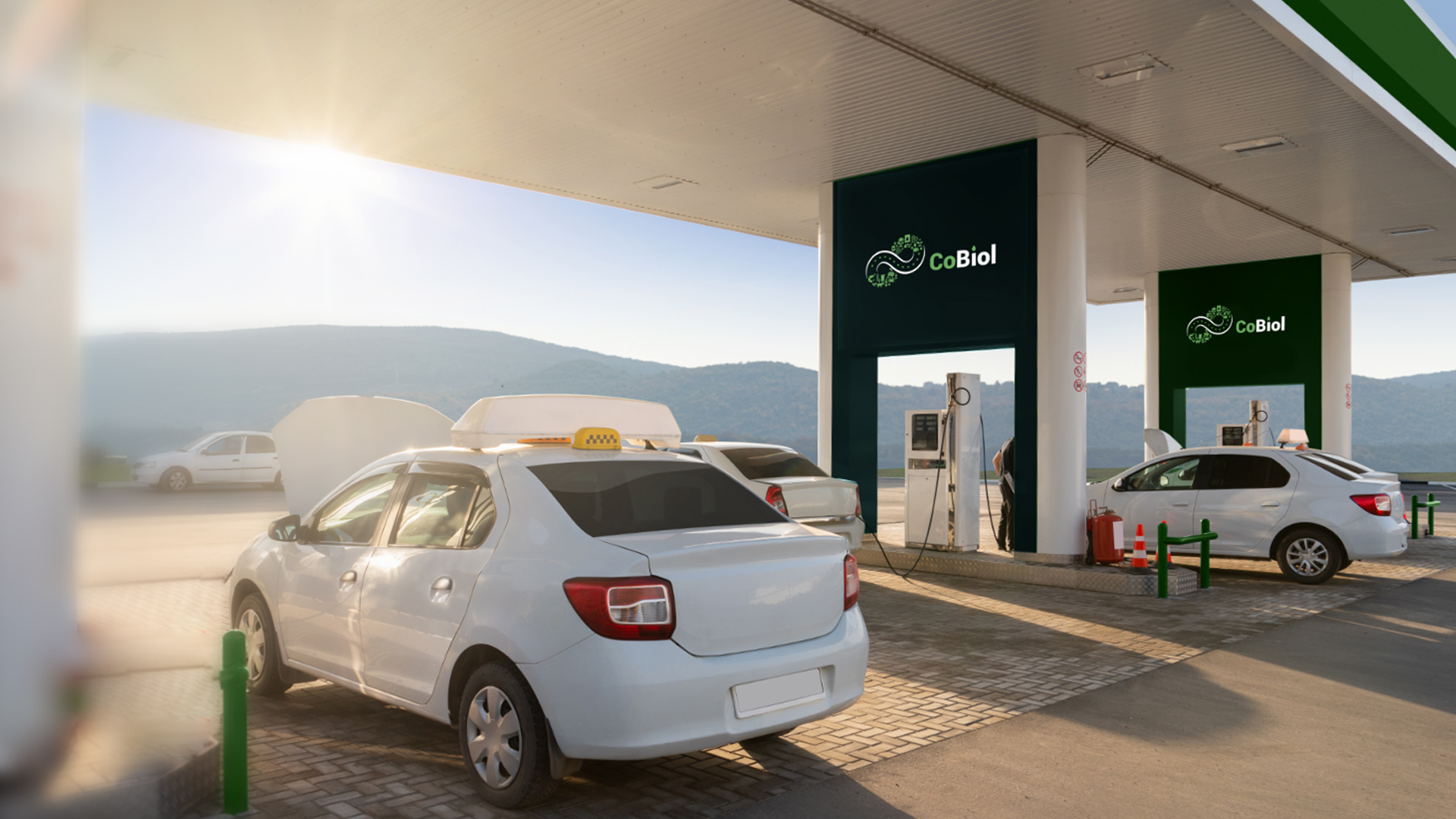

It is anticipated that an in-depth study on the HTL parameters, optimization of the CO-HTL process, and techno-economic assessment will provide an outlook scenario of the industrial-scale process for high biofuels production capacity. The project will respond to the Renewable Energy Directive (RED, 2009/28/EC) targeting -20-20-20 by 2020: 20% reduction in greenhouse gas emissions; 20% increase in energy efficiency; 20% of the EU’s energy consumption to be from renewable sources. Hence, CoBiol will have a positive and pioneering impact in bringing together Europe’s knowledge-based economy and society towards sustainable and green transportation.

Work Packages
CO-HTL4BIO-OIL is admittedly an ambitious project with a dense research plan that can be divided into seven interconnected work packages.
- WP1
- WP2
- WP3
- WP4
- WP5
- WP6
- WP7
Month 1 - 5
- Work Package 1
- Acquisition and characterization of feedstocks
Month 6 - 13
- Work Package 2
- Co-liquefaction of rye straw, shellfish, and beef tallow
Month 14 - 18
- Work Package 3
- Catalytic upgrading of the HTL bio-crude oil into drop-in fuels
Month 18 - 24
- Work Package 4
- Techno-Economic Analysis of producing transportation drop-in fuels from food wastes
Month 7 - 13
- Work Package 5
- Nutrients and organics recovery from post-hydrothermal liquefaction wastewater
Month 1 - 24
- Work Package 6
- Training and career development
Month 1 - 24
- Work Package 7
- Communication, dissemination, exploitation and project management
Month 1 - 5
Work Package 1
Description
- Collect and chemical characterization of food wastes
- Deliverables
- Results will be published in the icon “Get Inspired”
- Milestones
- Determination of rye straw, crab waste, and beef tallow biochemistry composition.
Month 6 - 13
Work Package 2
Description
- Catalyst synthesis
- CO-HTL of individual, binary, and ternary food waste mixtures
- Analytical characterization of food wastes blends, obtained biocrude-oil, solid material, and aqueous phase samples.
- Deliverables
- Results will be published in the icon “Get Inspired”
- Milestones
- Find out statistical models to gain insights into CO-HTL mechanism and predict yield and quality of biocrude oils.
Month 14 - 18
Work Package 3
Description
- Production of drop-in, transport grade biofuels and test their technical suitability
- Deliverables
- Results will be published in the icon “Get Inspired”
- Milestones
- Upgrade the HTL biocrude in terms of temperature, hydrogen consumption, catalyst loading
Month 18 - 24
Work Package 4
Description
- Study the economic feasibility of the production of high-quality biocrude-oil from the optimized food wastes blending
- Deliverables
- Results will be published in the icon “Get Inspired”
- Milestones
- Determination of key cost factors involved in the conversion of food wastes to renewable biocrude-oil
Month 7 - 13
Work Package 5
Description
- Preparation and characterization of activated hydrochars
- Test their adsorption abilities in the purification of the aqueous phase from hydrothermal liquefaction (HTL-AP)
- Deliverables
- Results will be published in the icon “Get Inspired”
- Milestones
- Removal of nutrients and organic compounds from HTL-AP
Month 1 - 24
Work Package 6
Description
- Quality and appropriateness of the training and of the two-way transfer of knowledge between the researcher and the host
- Deliverables
- Personnel Career Development Plan (PCDP)
- Milestones
- Career training updated to achieve professional maturity during the project period
Month 1 - 24
Work Package 7
Description
- Exploition and dissemination of the project results
- Communication of the project to different tagget audiences
- Meetings with the advisory committee and supervisor
- Deliverables
- LinkedIn page maintained
Conference presentation
Workshop organized
Public engagement activities
Submit articles
Data management and Risk contingency plans.
- Milestones
- M6.1, M6.2, M6.3, M6.4, M6.5
M6.6 Draft 1st author articles





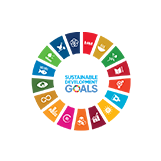
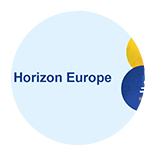

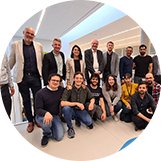
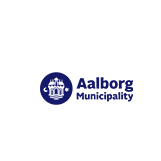
Take Part
The survey has been designed to gather and engage stakeholders relevant to the CoBiol area of action, collaboratively collecting their views and perceptions. The objective is to gain useful insights and knowledge that facilitate communication and enable the consortium with the positioning of CoBiol on the market.
The questionnaire will provide an evidence-based assessment of the Cobiol key stakeholders’ perceptions, concerns, and interests. Responses are confidential and will only be used for the Cobiol project. Participants and their organizations will not be quoted directly to the final report. Participants interested to receive the results of this survey will be notified once it will be available.
CoBiol News
CoBiol Store
Get in Touch
